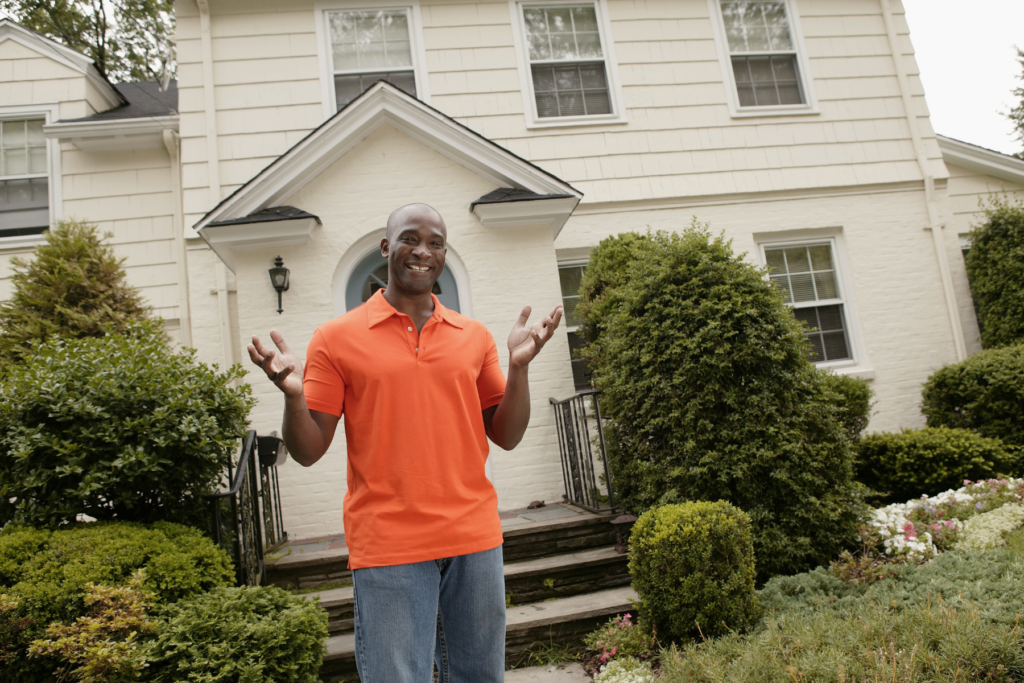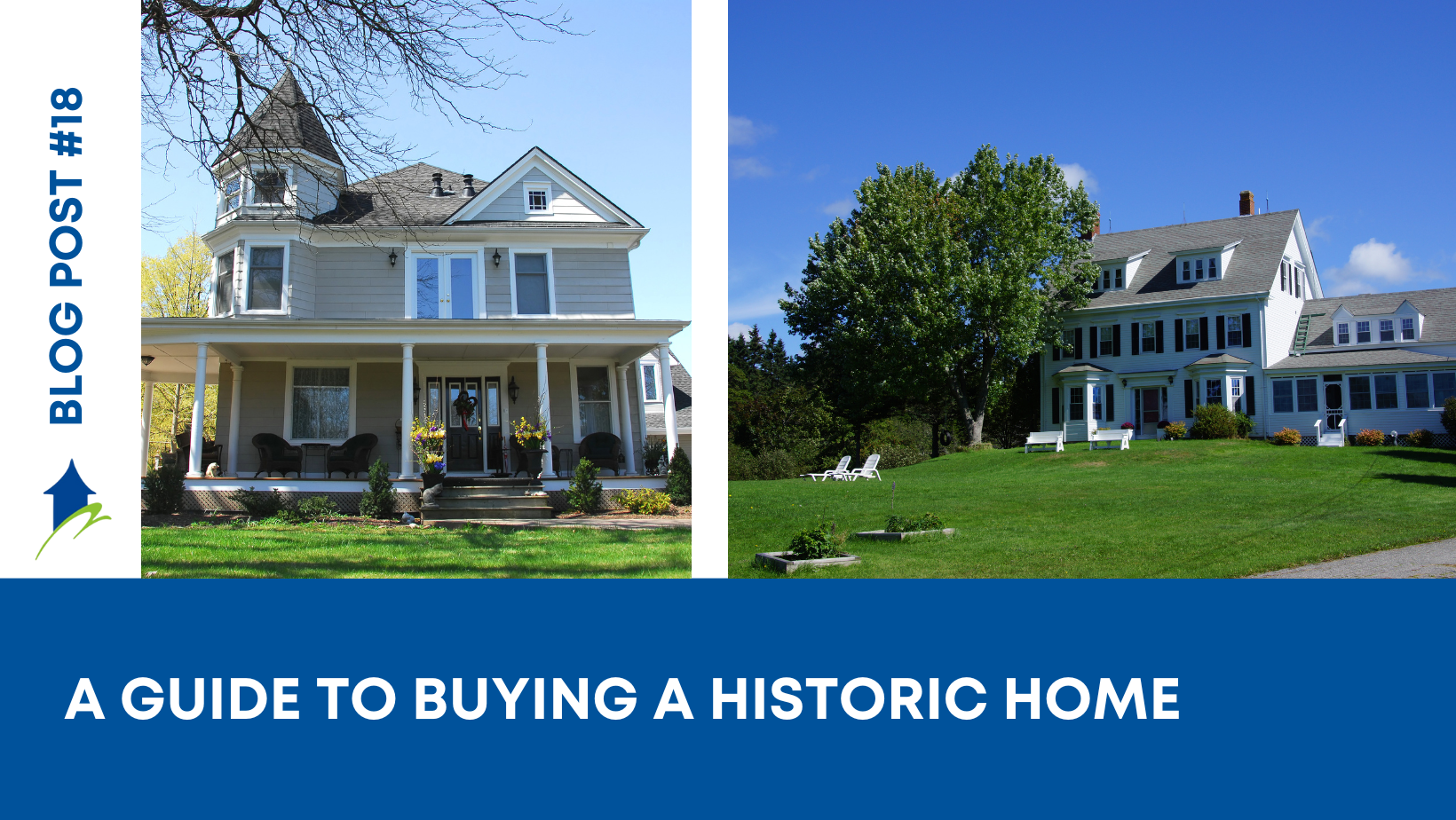Buying a historic home is like acquiring a piece of living history—a tangible connection to the past that carries with it a unique charm and character. However, purchasing a historic property comes with its own set of challenges and considerations. In this blog post, we’ll explore valuable tips to help you navigate the process of buying a historic home and ensure that your journey into the past is a rewarding and successful one.
Research, Research, Research:
Before diving into the world of historic home buying, arm yourself with knowledge. Research the property’s history, architecture style, and any potential preservation restrictions. This will help you appreciate the significance of the home and make informed decisions throughout the buying process.

Understand Preservation Regulations:
Historic homes often fall under preservation regulations that aim to protect their historical and architectural value. Local, state, or national authorities may have guidelines for renovation and restoration work. Be sure to understand these regulations and how they might impact your plans for the property.

Work with Professionals:
Enlist the expertise of professionals who are well-versed in historic properties. Real estate agents with experience in historic homes, historic preservation consultants, architects, and contractors familiar with restoration work can provide valuable insights and guidance.

Budget Wisely:
Buying a historic home is not just about the purchase price. Budget for potential restoration and maintenance costs. Historic properties may require specialized materials and craftsmanship, which can be more expensive than modern construction. Plan for unexpected expenses that may arise during the restoration process.

Get a Thorough Inspection:
A comprehensive inspection is crucial when purchasing a historic home. Hire an inspector who understands the unique challenges that come with older properties. Look for issues like structural concerns, outdated wiring, plumbing, and potential lead paint or asbestos.

Consider Modern Amenities:
While the charm of a historic home lies in its character, consider how modern amenities can be incorporated without compromising its authenticity. Upgrading HVAC systems, insulation, and energy-efficient appliances can enhance comfort while preserving the home’s historical integrity.

Document the Home’s Features:
As you explore different properties, take detailed notes and photographs of the historic home’s unique features. This documentation will help you remember the details and share your findings with professionals who can offer guidance on preservation and restoration.

Be Patient and Flexible:
Restoring a historic home is a labor of love that requires time and patience. Delays can occur due to unforeseen challenges, regulatory approvals, and the search for authentic materials. Maintain a flexible mindset and embrace the journey.

Join a Community:
Historic homeowners often form communities where they share experiences, resources, and advice. Joining local historical societies or online forums can provide you with a network of like-minded individuals who can offer support and guidance throughout your historic homeownership journey.

Buying a historic home is an exciting endeavor that offers a chance to connect with the past while leaving your mark on the future. By conducting thorough research, seeking professional guidance, and embracing the challenges that come with restoration, you can transform a historic property into a cherished and well-preserved piece of history. Remember, the effort you invest in understanding, preserving, and enhancing the character of your historic home will be rewarded with a sense of fulfillment and a lasting legacy.

